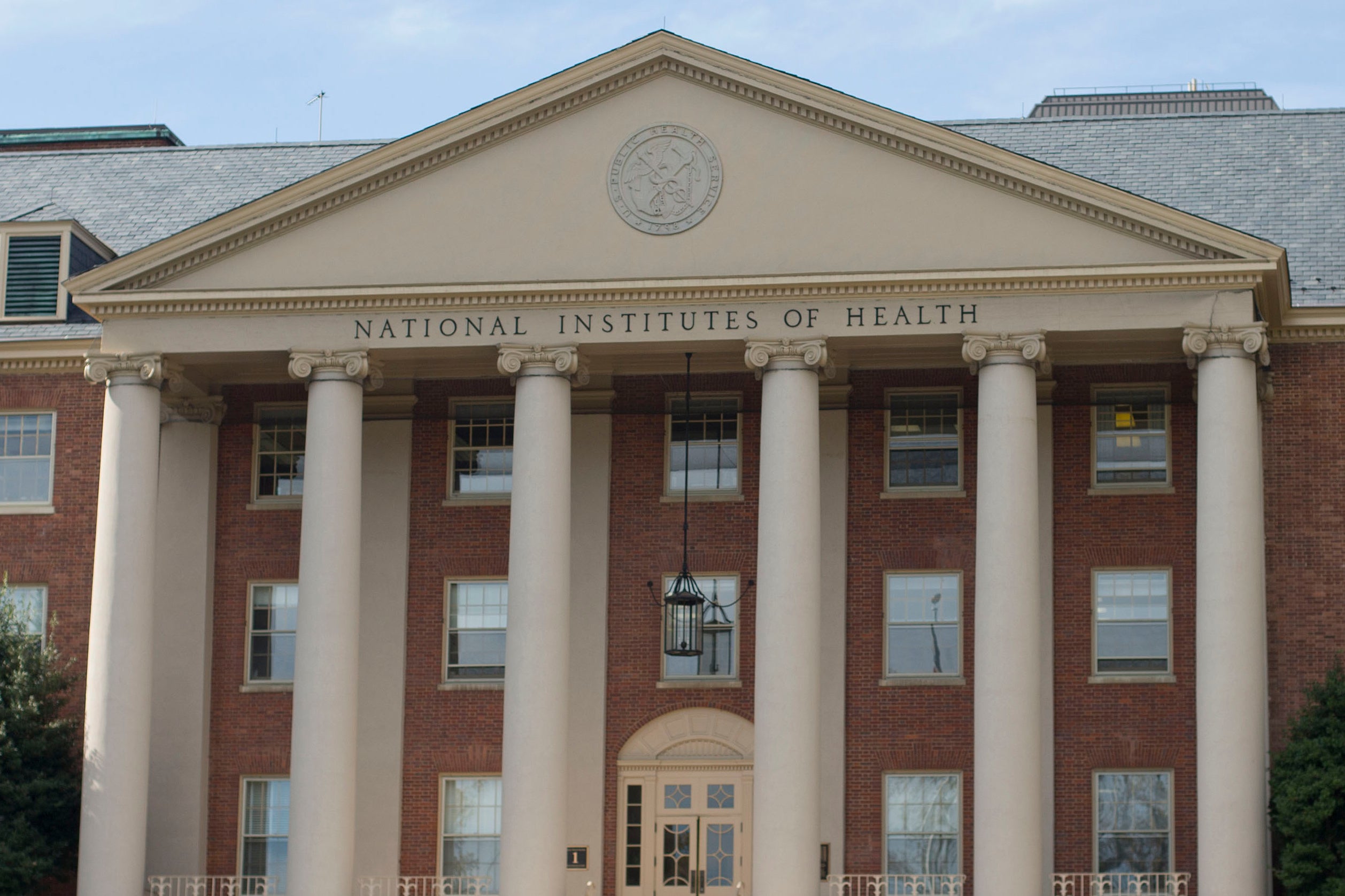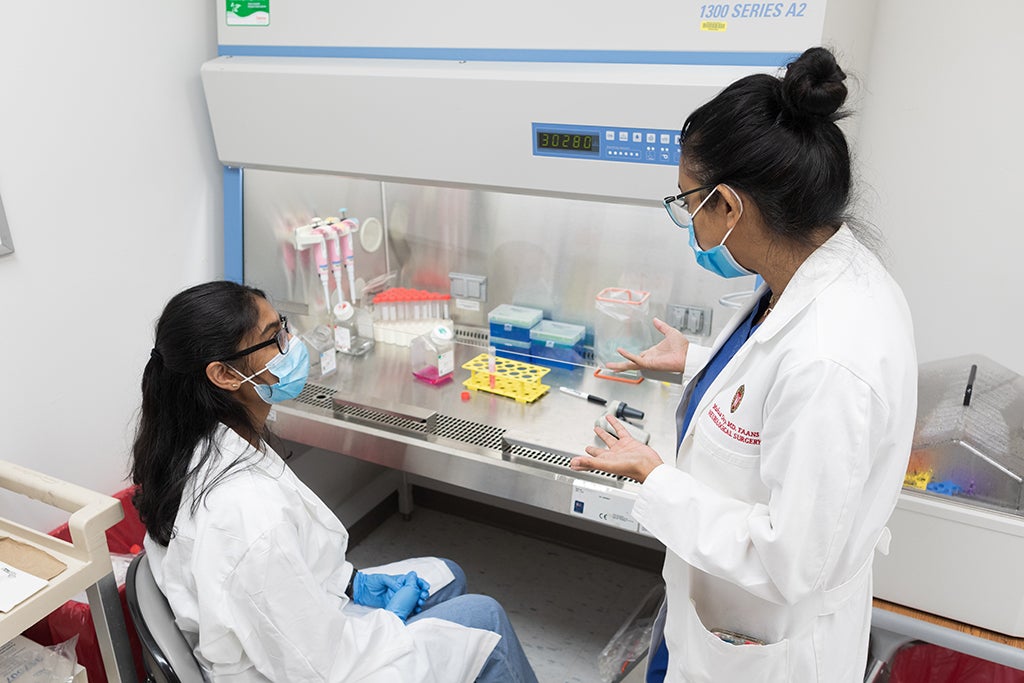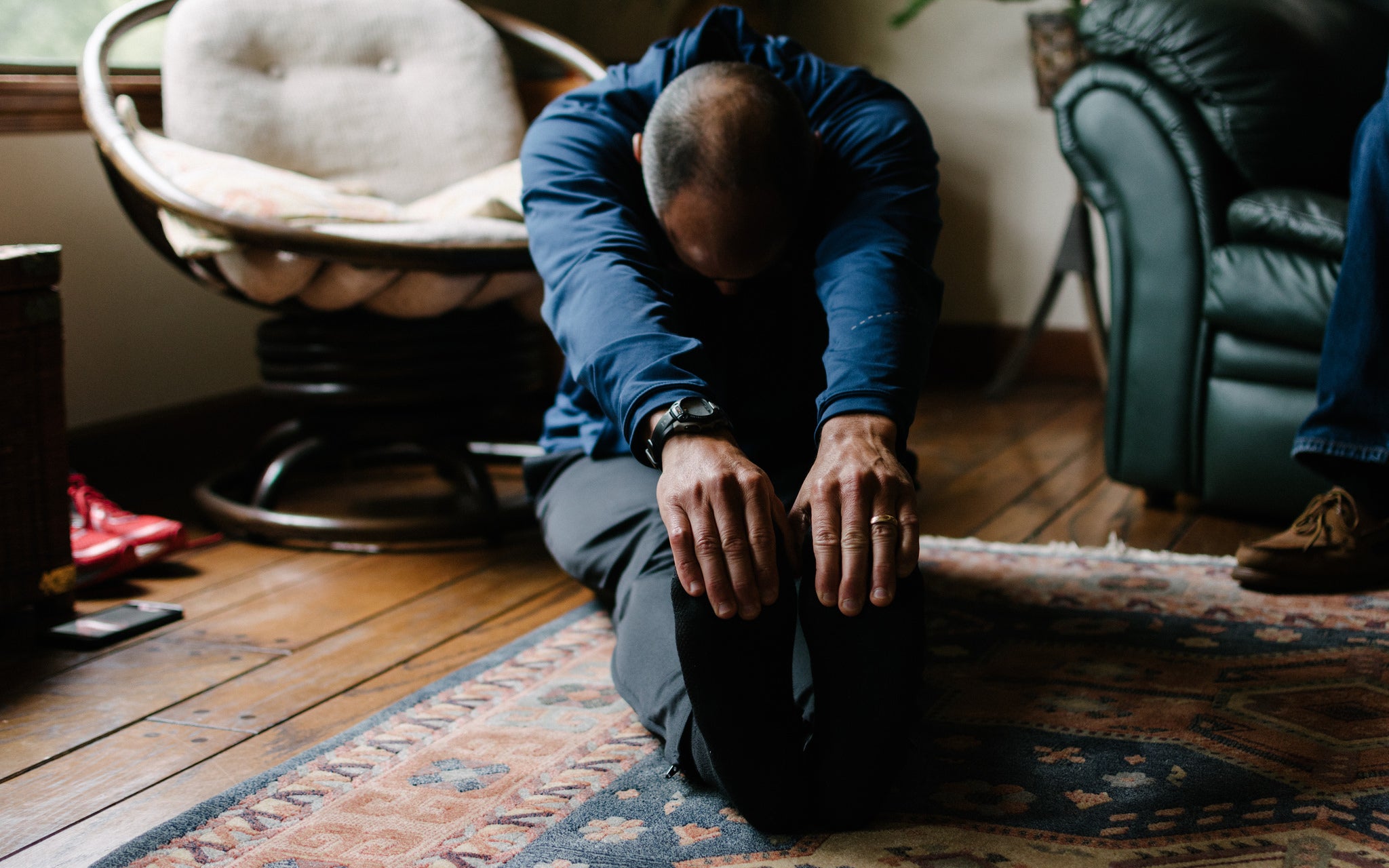Medical research continues to create new therapies aimed at treating people with Alzheimer’s disease. But some researchers at the University of Wisconsin-Madison are troubled by the lack of clinical data available on the effectiveness of these drugs in Black people.
Last month, the U.S. Food and Drug Administration approved a new drug that reduces amyloid beta plaques in the brain. The build up of these plaques is one of the characteristics of Alzheimer’s disease. But Dr. Carey Gleason, geriatrics researcher at UW-Madison’s School of Medicine and Public Health, said much of the data around the impact of amyloid plaques is based on white populations, even though older Black Americans are twice as likely to have Alzheimer’s or another dementia.
That’s why Gleason and her colleagues created the African Americans Fighting Alzheimer’s in Midlife study.
News with a little more humanity
WPR’s “Wisconsin Today” newsletter keeps you connected to the state you love without feeling overwhelmed. No paywall. No agenda. No corporate filter.
“The goal of that study is to make sure that we include African Americans in this story,” Gleason said in an interview released by the School of Medicine. “So it will examine what’s known as the amyloid hypothesis in a large cohort of African Americans, recruited primarily from southern Wisconsin, and it will test current thinking about how amyloid plays a role in the preclinical stages.”
The study is also testing a new approach for recruiting people into medical research by focusing on what the program can offer back to participants.
Fabu Carter, senior program manager for recruitment and retention, said the program started with a free exercise class for anyone in the community, something that participants asked for when surveyed about their interests. The program also brings in speakers and offers a book club and nutrition program focused on helping people build good brain health.
“There are not very many research programs that actually partner with the community, that have events that say, ‘This is the latest Alzheimer’s medication, this is what’s happening in the field of Alzheimer’s education’, so that we can impact the lives of people now, today,” Carter said.
Carter said research participants, who are at least 40 years old, also have the option to sit down with a doctor and discuss their health findings. She said the study includes people who are cognitively healthy, those with mild cognitive impairment and people with Alzheimer’s disease.
The field of medical research has a history of mistreating Black people involved in studies, like the Tuskegee Institute study in which Black men suffered with untreated syphilis for 40 years. Carter said this history has a real impact on the number of African Americans who are willing to participate in studies today, and she said the research community needs to work to rebuild trust.
“Sometimes people try to put the responsibility on the community saying, ‘Why won’t most of you all participate in the research?’ Well, my question would be: How many scientists do you have in this field that look exactly like the people they’re studying and who understand the culture?” Carter said. “How do you create a welcoming space so that people can build trust and people can feel comfortable? And then No. 3, how do you give back to the community?”
This history is something that weighed on the mind of Sherry Lucille of Madison before she signed up for the study. Lucille, who is a friend of Carter’s, said she has participated in the program’s exercise class and attended several of their educational sessions to learn how to keep her brain healthy. She said preventing Alzheimer’s disease and staying mentally healthy is something she talks about with her friends and husband.
“We’re retired, so we’re always trying to think what can we do to keep our mind active,” she said.
Lucille said participating in the outreach programs and hearing about the benefits of the research prompted her to sign up for the UW-Madison study, even though she still thinks the broader field of medical research has room for improvement.
“I think now is a good time to be involved because of the statistics that are, you know, not going our way, and because we have some trusted people in the field, who we can talk to, who we can feel a personal connection to,” Lucille said. “I just believe that any program that would like to have participants should have trusting and trusted people that can be a liaison for the program.”
She said offering activities that will keep their minds and bodies healthy goes a long way toward building good will with potential participants, as well as helping them maintain a healthy brain as they age.
Wisconsin Public Radio, © Copyright 2026, Board of Regents of the University of Wisconsin System and Wisconsin Educational Communications Board.






